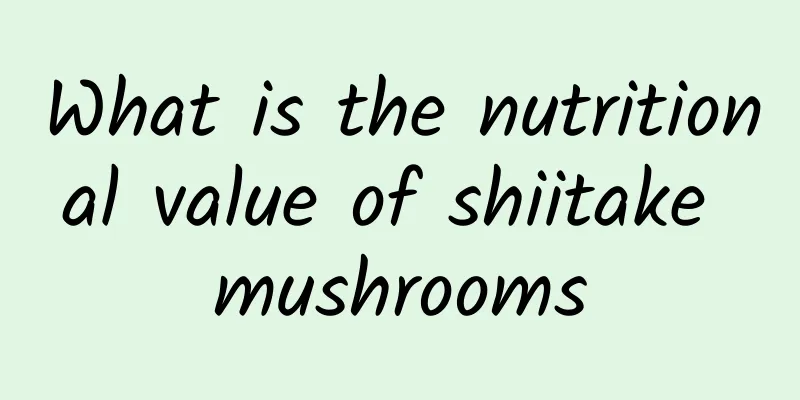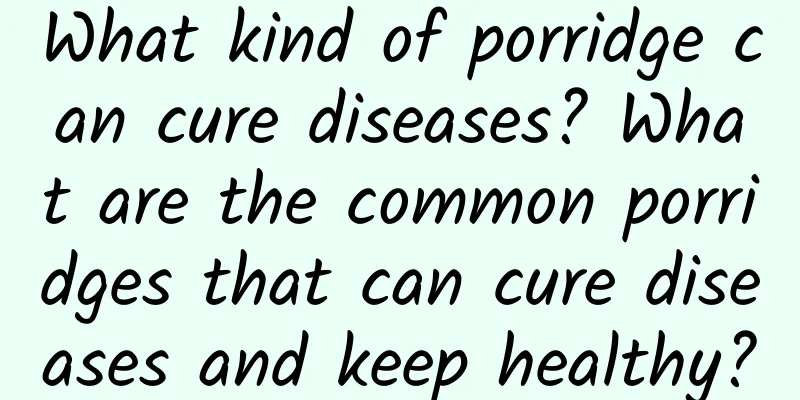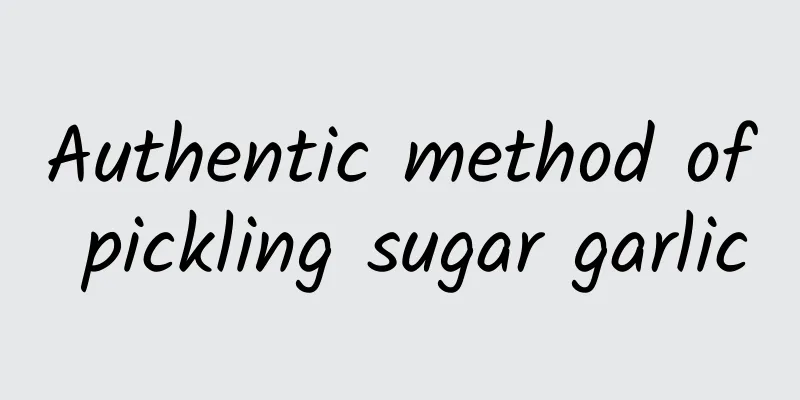What is the nutritional value of shiitake mushrooms

|
The nutritional value of shiitake mushrooms is particularly high. Let’s take a look at the introduction below: Nutritional analysis of shiitake mushrooms1. Improve the body's immune function: Lentinan can improve the phagocytic function of mouse peritoneal macrophages, promote the production of T lymphocytes, and enhance the killing activity of T lymphocytes. ⒉ Delaying aging: The water extract of shiitake mushrooms has a scavenging effect on hydrogen peroxide and has a certain effect on eliminating hydrogen peroxide in the body. ⒊ Anti-cancer and anti-tumor: The cap of shiitake mushrooms contains double-stranded ribonucleic acid, which will produce interferon with anti-cancer effects after entering the human body. ⒋ Lowering blood pressure, blood lipids and cholesterol: Shiitake mushrooms contain purine, choline, tyrosine, oxidase and certain nucleic acid substances, which can lower blood pressure, cholesterol and blood lipids, and prevent diseases such as arteriosclerosis and cirrhosis of the liver. 5. Shiitake mushrooms also have a therapeutic effect on diabetes, tuberculosis, infectious hepatitis, neuritis, etc., and can also be used for indigestion, constipation, etc.Nutritional value of shiitake mushroomsThe edible part of dried shiitake mushrooms accounts for 72%, and every 100 grams of edible part contains 13 grams of water, 1.8 grams of fat, 54 grams of carbohydrates, 7.8 grams of crude fiber, 4.9 grams of ash, 124 mg of calcium, 415 mg of phosphorus, 25.3 mg of iron, 0.07 mg of vitamin B1, 1.13 mg of vitamin B2, and 18.9 mg of niacin. In addition to 85-90% water, fresh mushrooms contain 19.9% crude protein, 4% crude fat, 67% soluble nitrogen-free substances, 7% crude fiber, and 3% ash in solids. Shiitake mushrooms are rich in provitamin D, but very little vitamin C, and lack vitamin A and provitamin A. Shiitake polysaccharides can increase the activity of helper T cells and enhance the humoral immune function of the human body. A large number of practices have proved that shiitake mushrooms have a wide range of cancer prevention and treatment and have been used in clinical treatment. Shiitake mushrooms also contain a variety of vitamins and minerals, which play a great role in promoting human metabolism and improving the body's adaptability. Shiitake mushrooms also have therapeutic effects on diabetes, tuberculosis, infectious hepatitis, neuritis, etc., and can also be used for indigestion, constipation, weight loss, etc. Many ancient Chinese books record that shiitake mushrooms "replenish qi and prevent hunger, treat wind and blood, and benefit the stomach and help digestion." Folks use it to help induce pox and measles, and treat headaches and dizziness. Modern research has shown that shiitake polysaccharides can regulate the activity of T cells with immune functions in the human body and reduce the ability of methylcholanthrene to induce tumors. Shiitake mushrooms have a strong inhibitory effect on cancer cells, with an inhibition rate of 97.5% on mouse sarcoma 180 and an inhibition rate of 80% on Ehrlich cancer. Shiitake mushrooms also contain double-stranded ribonucleic acid, which can induce the production of interferon and have antiviral ability. Shiitake mushrooms contain water-soluble umami substances and can be used as food seasonings. Its main components are nucleic acid components such as 5'-guanylic acid. Nutritional content of shiitake mushroomsEnergy 19 kcal Protein 2.2 g Fat 0.3 g Carbohydrate 5.2 g Folic acid 41.3 micrograms Dietary fiber 3.3 gRiboflavin 0.08 mg Niacin 2 mg Vitamin C 1 mg Calcium 2 mg Phosphorus 53 mg Potassium 20 mg Sodium 1.4 mg Magnesium 11 mg Iron 0.3 mg Nutritional Tips and Taboos of Shiitake MushroomsIt is edible for general population. Suitable for: people suffering from qi deficiency and dizziness, anemia, leukopenia, decreased resistance, and the elderly and weak; people with hyperlipidemia, hypertension, arteriosclerosis, diabetes, and obesity; cancer patients and those after radiotherapy and chemotherapy; people with acute and chronic hepatitis, fatty liver, gallstones, and constipation; people with slow onset of measles and rickets in children; patients with nephritis.Taboo: Shiitake mushrooms are wind-inducing foods, so patients with stubborn skin itching should avoid eating them. Patients with spleen and stomach coldness, dampness, qi stagnation, or skin itching should avoid eating them. |
<<: Cultivation technology of shiitake mushroom
>>: Medicinal value of shiitake mushrooms
Recommend
Side effects and disadvantages of washing your face with white vinegar
Women who love beauty in life have heard that was...
The advantages and disadvantages of eating olives for women
Olives are a favorite of many women and are a del...
Can cucumbers and tomatoes be eaten together? What should you pay attention to when eating cucumbers?
Cucumber is a common food that can be eaten all y...
The benefits of eating honey pomelo and the effects and functions of eating honey pomelo
Honey pomelo is a delicious fruit with a sweet ta...
What should not be eaten with shallots? What are the incompatibility of shallots with?
Shallots, also known as chives, are a specialty o...
The efficacy of Trichosanthes powder porridge
Do you still remember the effects of Trichosanthes...
How to eat miracle fruit? Common ways to eat miracle fruit
Miracle fruit is a special fruit with a sweet and...
The benefits of drinking mulberry soaked in water
Drinking mulberries soaked in water has many bene...
The efficacy and magical uses of grapefruit peel
Grapefruit is a kind of fruit that people often e...
Lentil recipes
What are the benefits of lentil diet therapy? How...
What is Helmerich & Payne like? Helmerich & Payne reviews and website information
What is the website of Helmerich & Payne? Helm...
How to plant clover How to cultivate clover
Clover is a special plant that can be used to gre...
Preparation and efficacy of pepper oil
Sichuan pepper oil is a common seasoning. It has ...
Lily, Lotus Seed and Almond Porridge
Lily, lotus seed and almond porridge is a health-p...
Milk melon characteristics, features and uses
Everyone knows that milk melon is a delicious fru...









